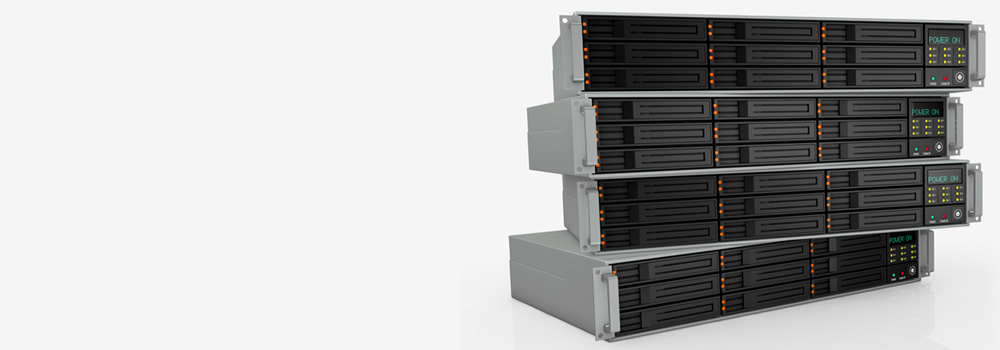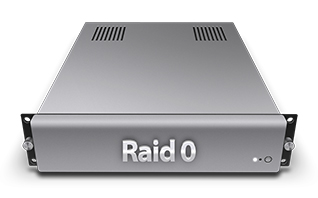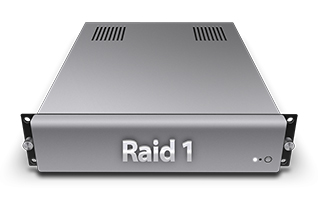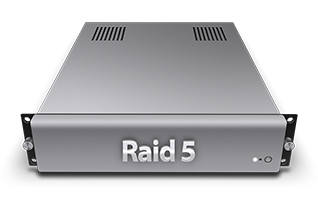Milton Keynes Data Recovery – RAID 5 and RAID 10 Recovery Specialists
Welcome to Milton Keynes Data Recovery, your trusted experts for RAID 5 and RAID 10 data recovery. With over 25 years of experience, we specialize in recovering data from all types of RAID systems, providing unmatched expertise, the best value, and fast turnaround times in the UK.
Why Choose Us?
- Free Diagnostics: Get a no-obligation assessment of your RAID system by our skilled engineers.
- Vast Experience: Successful recoveries for home users, small businesses, multinational corporations, and government departments.
- Comprehensive Solutions: Expertise in software RAID, hardware RAID, and NAS systems.
- Fast Turnaround: Minimize downtime with our efficient recovery process.
- Affordable Services: High-quality recovery solutions at the best value in the UK.
RAID 5 and RAID 10 Systems We Recover
RAID 5
- Combines striping with parity for fault tolerance and performance.
- Commonly used in servers and large NAS devices.
RAID 10
- Combines RAID 1 (mirroring) and RAID 0 (striping) for performance and redundancy.
- Ideal for high-performance environments requiring data protection.
Supported RAID Configurations
- Software RAID: Configured using operating system utilities.
- Hardware RAID: Managed by RAID controllers or dedicated hardware.
- NAS Systems: Large-scale RAID 5 and RAID 10 configurations in network-attached storage.
Brands We Work With
1. Synology
- Popular Series:
- DiskStation DS Series
- RackStation RS Series
- Key Features:
- User-friendly DSM (DiskStation Manager) software
- High performance for personal and professional use
- Seamless RAID 0 configuration
2. QNAP
- Popular Series:
- QNAP TS Series
- QNAP TVS Series
- Key Features:
- Advanced multimedia streaming
- High-speed data transfers and robust hardware
- Support for multiple RAID configurations
3. Western Digital (WD)
- Popular Series:
- My Cloud EX Series
- WD Red Pro NAS Drives
- Key Features:
- Built for small offices and home users
- Integration with WD Red NAS drives for enhanced performance
4. Seagate
- Popular Series:
- IronWolf NAS Drives
- Seagate Personal Cloud
- Key Features:
- Optimised for RAID environments with IronWolf drives
- AgileArray technology for reliable NAS performance
5. Netgear
- Popular Series:
- ReadyNAS Series
- Key Features:
- Advanced data protection with RAID 0 support
- Suitable for small businesses
6. Buffalo Technology
- Popular Series:
- TeraStation NAS
- LinkStation NAS
- Key Features:
- Cost-effective solutions for home and SMBs
- Easy RAID 0 setup and configuration
7. Drobo
- Popular Series:
- Drobo 5N2
- Drobo B810n
- Key Features:
- Simplified RAID setup with BeyondRAID technology
- Designed for creative professionals and SMBs
8. ASUS (ASUSTOR)
- Popular Series:
- AS Series
- Lockerstor Series
- Key Features:
- High-speed performance for multimedia applications
- Intuitive ADM (Asustor Data Master) interface
9. LenovoEMC (formerly Iomega)
- Popular Series:
- ix Series
- px Series
- Key Features:
- Robust RAID 0 solutions for SMBs
- Easy-to-use management tools
10. TerraMaster
- Popular Series:
- F2-221
- F4-210
- Key Features:
- Affordable RAID 0 systems
- Ideal for small office environments and home users
Top 10 RAID 5 Issues Requiring Data Recovery
RAID 5 uses striping with parity, providing fault tolerance and performance. However, it is vulnerable to specific issues:
- Multiple Drive Failures
- If more than one drive fails simultaneously, the parity data cannot rebuild the array.
- Parity Drive Failure
- Loss of the parity drive during rebuilds leaves the system vulnerable to data loss.
- RAID Rebuild Failures
- Errors during the rebuilding process due to bad sectors or unstable drives result in incomplete recovery.
- RAID Controller Failure
- A malfunctioning controller can corrupt RAID configurations or make the array inaccessible.
- Logical Corruption
- File system errors or software issues cause the array to fail, even when drives are operational.
- Firmware or Software Bugs
- Updates or bugs in RAID management software corrupt RAID configurations.
- Accidental Reinitialization
- Reinitializing the array erases existing configurations, leading to data loss.
- Bad Sectors on Drives
- Affected sectors disrupt parity calculations, causing data inconsistencies.
- Disk Removal or Reordering
- Drives inserted into incorrect slots prevent the array from functioning.
- Power Surges or Electrical Damage
- Electrical issues damage drives or controllers, leaving the array inaccessible.
Top 10 RAID 10 Issues Requiring Data Recovery
RAID 10 combines RAID 0 (striping) and RAID 1 (mirroring) for performance and redundancy. However, it is not immune to failures:
- Failures in the Same Mirror Set
- Simultaneous failure of both drives in a mirrored pair results in data loss.
- Rebuild Failures
- Errors during the rebuild process due to unstable drives or read/write errors.
- RAID Controller Failure
- Controller malfunctions lead to loss of access to the striped and mirrored data.
- Logical Corruption
- Corruption in file systems spreads across mirrored drives, affecting all data.
- Disk Reordering or Removal
- Improperly placed drives disrupt the RAID structure, rendering the array unusable.
- Firmware or Software Bugs
- Firmware issues on drives or controllers cause RAID failures.
- Bad Sectors on Multiple Drives
- Errors on multiple drives in a mirrored pair lead to irrecoverable data loss.
- Power Surges or Overheating
- Environmental factors damage drives or RAID controllers.
- Accidental Formatting
- Drives are formatted, erasing mirrored and striped data.
- Metadata Corruption
- RAID metadata errors prevent the system from recognising the configuration.
How Our RAID Recovery Process Works
Step 1: Free Diagnostics
Contact our engineers for a thorough analysis of your RAID system.
Step 2: Secure Evaluation
We evaluate your RAID 5 or RAID 10 array to identify the root cause of failure.
Step 3: Professional Data Recovery
Using advanced tools, we recover your data with the highest possible success rate.
Step 4: Secure Data Return
Your recovered data is returned on a new storage medium of your choice.
Why RAID 5 and RAID 10 Recovery Requires Experts
- RAID 5 Challenges: Parity calculations and multiple drive failures require advanced tools for successful recovery.
- RAID 10 Complexity: Recovery involves both striped and mirrored data, making DIY attempts risky.
Contact Milton Keynes Data Recovery Today
Don’t let RAID 5 or RAID 10 data loss disrupt your operations. Trust our experienced engineers to recover your critical data efficiently and securely.





